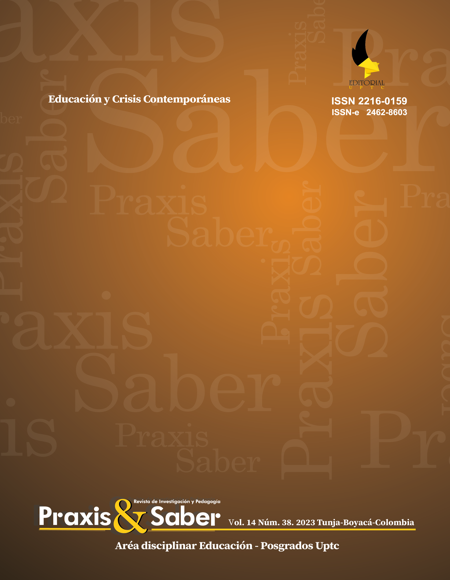Education and Contemporary Crises

Abstract
Some trends in education that have been gaining momentum during the 20th and 21st centuries proclaim the independence of the child from the heaviness and demands of the adult. Respect for the independence of the child's world is demanded while at the same time distancing this sphere -or trying to separate it- from the adult world. An example, in the field of Philosophy of Education, can be found in Alain, a French philosopher who in the first decades of the 20th century launched the idea of the existence of an "infant people" which would have its place of negotiation with the "adult people" in schools. However, according to Arendt, who by the 1950s was already perceiving the consequences of this distancing, the rupture of relations between the adult and the child ends up throwing the latter into a tyranny greater than that which was initially feared. Fleeing the tyranny of the adult, he falls into the tyranny of the group. The child is then condemned to the tyranny of the mass due to the lack of criteria and own voice to be able to decide and pronounce himself.
Keywords
education, crisis, research
References
- Cirlot, J. (1992). Diccionario de símbolos. Labor.
- Meirieu, P. (2010). Frankenstein educador. Laertes.
- Rubio, D., & Heredia, M. (2023). ¿En qué consiste la crisis de la educación?. Praxis & Saber, 14(38), e15105. https://doi.org/10.19053/22160159.v14.n38.2023.15105 DOI: https://doi.org/10.19053/22160159.v14.n38.2023.15105
- Skliar, C. (2012). Educar a cualquiera y a cada uno. La convivencia entre “otros”. Revista IRICE, 24.
